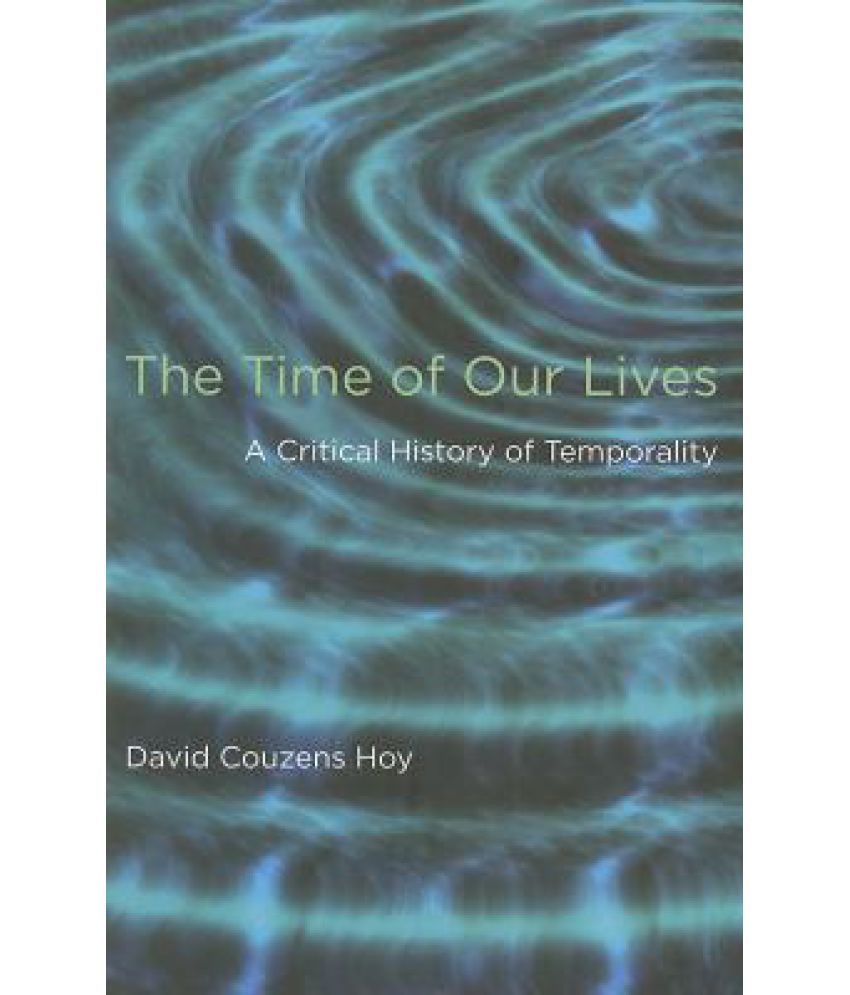Something went wrong. Please refresh the page and try again.
Something went wrong. Please refresh the page and try again.
Notifications can be turned off anytime from settings.
Item(s) Added To cart
Qty.
Something went wrong. Please refresh the page and try again.
Something went wrong. Please refresh the page and try again.
Exchange offer not applicable. New product price is lower than exchange product price
Please check the updated No Cost EMI details on the payment page
Exchange offer is not applicable with this product
Exchange Offer cannot be clubbed with Bajaj Finserv for this product
Product price & seller has been updated as per Bajaj Finserv EMI option
Please apply exchange offer again
Your item has been added to Shortlist.
View AllYour Item has been added to Shopping List
View AllSorry! The Time of Our Lives is sold out.


You will be notified when this product will be in stock
Brief Description
A study of the emergence in post-Kantian continental philosophy of a focus on the lived experience of temporality.
Learn More about the Book
The project of all philosophy may be to gain reconciliation with time, even if not every philosopher has dealt with time expressly. A confrontation with the passing of time and with human finitude runs through the history of philosophy as an ultimate concern. In this genealogy of the concept of temporality, David Hoy examines the emergence in a post-Kantian continental philosophy of a focus on the lived experience of the "time of our lives" rather than on the time of the universe. The purpose is to see how phenomenological and poststructuralist philosophers have tried to locate the source of temporality, how they have analyzed time's passing, and how they have depicted our relation to time once it has been -- in a Proustian sense -- regained. Hoy engages with competing theoretical tactics for reconciling us to our fleeting temporality, drawing on work by Kant, Heidegger, Hegel, Husserl, Merleau-Ponty, Nietzsche, Gadamer, Sartre, Bourdieu, Foucault, Bergson, Deleuze, Zižek, and Derrida. Hoy considers four existential strategies for coping with the apparent flow of temporality, including Proust's passive and Walter Benjamin's active reconciliation through memory, Zižek's critique of poststructuralist politics, Foucault's confrontation with the temporality of power, and Deleuze's account of Aion and Chronos. He concludes by exploring whether a dual temporalization could be what constitutes the singular "time of our lives."
About the Author
David Couzens Hoy is Distinguished Professor of Philosphy Emeritus at the University of California, Santa Cruz. He is the author of Critical Resistance: From Poststructuralism to Post-Critique (MIT Press, 2004).
The images represent actual product though color of the image and product may slightly differ.
Register now to get updates on promotions and
coupons. Or Download App